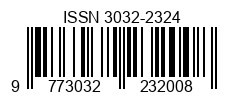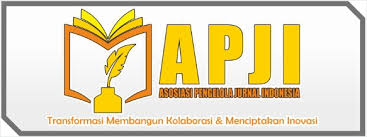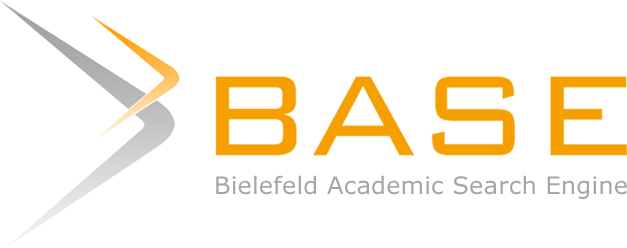Peningkatan Kemampuan Belajar Siswa Abad 21 Melalui Keterampilan 4C
Keywords:
Learning Ability, Students, 4C SkillsAbstract
After participating in learning activities, students measure and assess their learning ability. This process is verified through testing, and the learning outcomes are expressed in symbols, such as numbers, letters, or sentences that describe the attained learning outcomes. In order to improve students' 21st-century learning abilities in Civic Education subjects in the eighth grade at Bukal Public Junior High School No. 8, two goals of this research are to: (1) describe how 4C skills are implemented; and (2) describe the factors that facilitate or impede the implementation of 4C skills in Civic Education subjects in the eighth grade at Bukal Public Junior High School No. 8. Bukal Public Junior High School No. 8 in Buol Regency is the site of the research. Five students, one civic education instructor, and the principal of the school make up the seven subjects of this study. Qualitative research using a descriptive approach is the research methodology employed. Documentation, interviews, and observation were used to obtain data. The results of the research found in the learning phase are (1) the implementation of 4C skills at Bukal Public Junior High School No. 8, Buol Regency, as follows: critical thinking, for example, when the teacher asks questions to students in class during the learning process, none of them are able to answer the questions. Communication, for example, communication skills in classroom learning, not all students are able to communicate well. Collaboration, for example, students can collaborate with their peers during learning. Creativity, for example, creative skills in student learning are still lacking in creating interesting questions. (2) supporting factors in the implementation of 4C skills are policies related to one of the rules, especially time discipline, and the school strives to utilize all facilities provided by the government and do their best in the classroom learning process.
Downloads
Published
Issue
Section
License
Copyright (c) 2024 Sukmawati, Anjelina Yofita Goo, Sunarto Amus, Nasran, Shofia Nurun Alanur, Dwi Septiwiharti

This work is licensed under a Creative Commons Attribution-NonCommercial 4.0 International License.
License: CC BY-SA 4.0 (Creative Commons Attribution-ShareAlike 4.0 International License)












